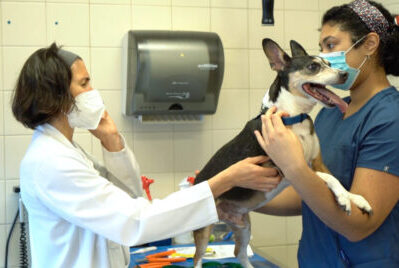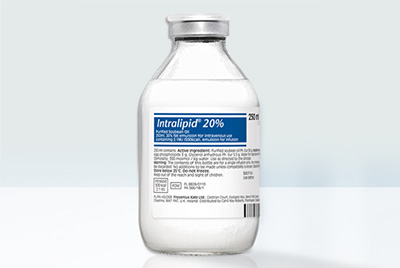National Poison Prevention Week: Protect Your Pet

National Poison Prevention Week: Protect Your Pet
The third week of March is National Poison Prevention Week. According to Dr. Tina Wismer, board-certified Veterinary Toxicologist and Medical Director of the ASPCA Animal Poison Control Center, most poisoning in pets happens accidentally. Dr. Wismer was recently my guest on my radio show, “Ask the Vet,” available as a podcast and on Sirius XM Stars Channel 109, where we discussed poisoning in pets. She is an authoritative expert on pet poisonings because the ASCPA Animal Poison Control Center fields approximately 1,200 calls a day from worried pet owners and veterinarians caring for poisoned pets.
Handwarmers Are Hazards For Pets
During a recent cold snap in NYC, the Animal Medical Center’s ER admitted several dogs poisoned by handwarmers. I asked Dr. Wismer about this, and she explained how handwarmers can harm dogs. If the handwarmer is still hot, they can suffer thermal burns of the mouth, esophagus and stomach. Once the handwarmer has cooled, the heat-producing iron contents become iron oxide or rust, which will give your dog a stomachache and diarrhea. However, if your dog absorbs a large amount of iron, liver failure can occur. AMC’s ER saved the handwarmer ingesting dogs by treating them with intravenous fluids, enemas, milk of magnesia and other medications to mitigate the effects of excess iron.
Repurposed Nutritional Therapy: Lipid Emulsion for Poison Treatment

AMC’s ICU often feeds pets intravenously if they are not able to eat food on their own. The fat containing component of intravenous nutrition (called a lipid emulsion) can be used to treat certain types of poisonings. Dr. Wismer explained that if the poisonous substance dissolves in fat, the lipid emulsion can be used to bind to the poison, allowing it to be excreted from the body through normal metabolic pathways. A recent publication by AMC Critical Care specialists in the Journal of the American Veterinary Medical Association describes the successful use of lipid emulsion in a dog that suffered cardiac arrest from ingesting his owner’s antiseizure medication.
The ASPCA has just released their top poisons list for 2021. Be sure to review the list and take note of the poisons in your home so you can keep them safely away from your pet.
To hear my full interview with Dr. Wismer, listen to “Ask the Vet” on any major podcast platform or stream it from AMC’s website.

































